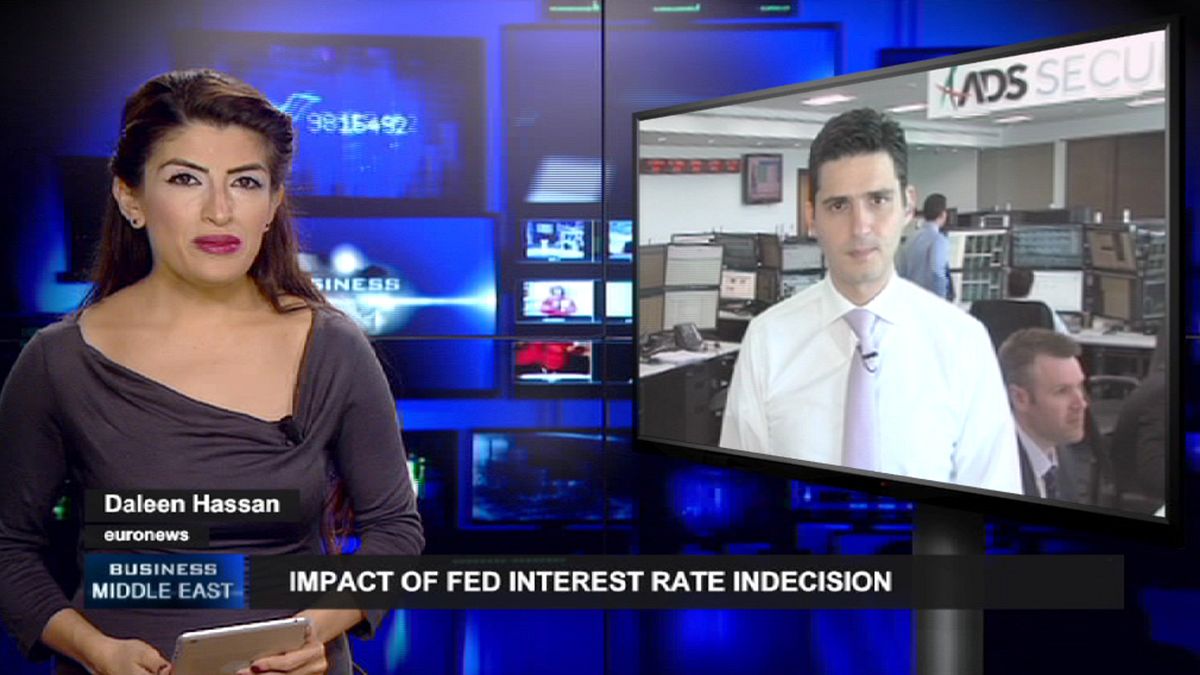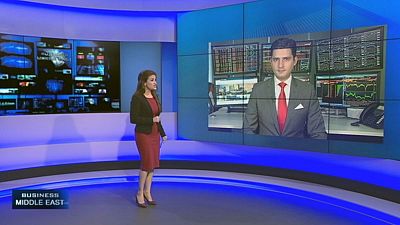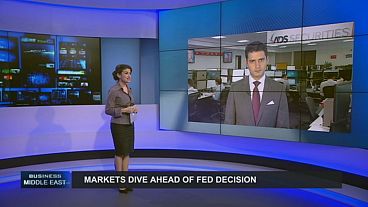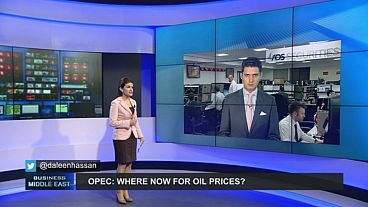As many analysts anticipated the Federal Reserve left interest rates unchanged in June. The biggest surprise was that Fed Chair Janet Yellen didn’t
As many analysts anticipated the Federal Reserve left interest rates unchanged in June. The biggest surprise was that Fed Chair Janet Yellen didn’t mention a date for a possible raise, as she has done before, opening the door to speculation.
The dollar fell sharply, giving gold a chance to achieve significant gains, taking advantage of the anxiety that swept through markets after the Fed’s decision.
Yellen caution
After more than eight months since ending QE the Fed continued to postpone its decision to hike interest rates despite numerous promises the past.
In a non-committal statement following the decision Janet Yellen urged markets not to fixate on when a rate rise would come: “I want to emphasize, sometimes too much attention is placed on the timing of the first increase in the federal funds rate,” she said.
“And, what should matter to market participants is the entire trajectory, the entire expected trajectory of policy.”
MENA reaction
Keeping the interest rate unchanged was good for US stocks and European markets.
However it was negative for the Middle East markets who closed in the red after the Fed meeting,
primarily Dubai and Saudi Arabia despite the opening of its stock market to foreign investors
The US Dollar Index lost around 1% against the major currencies, and the euro remained strong at around1.14. Gold prices also took advantage of the dollar decline, rising by more than 1.5%
Abu Dhabi view
For an analysis of the Fed’s decision Daleen Hassan spoke to Nour Eldeen Al Hammoury Chief Market Strategist at ADS securities in Abu Dhabi
Daleen Hassan
“Janet Yellen’s tone during the meeting was rather vague. Do you consider this a deliberate strategy or are the decision-makers in the Fed uncertain about the US economy?”
Nour Eldeen Al Hammoury
“It may be a combination of the two, the Fed will continue in the language game, and playing on words, this is what’s happened in the past, at the same time there is uncertainty among policy makers for the future outlook in light of floundering economic figures, including the negative and positive ones.
“As we noted previously in this term and the term before, the Fed disappointed the market and broke its promise to the world and the markets to raise rates. The Fed kept the rate unchanged, Janet Yellen’s speech wasn’t surprising for us, as we noted that economic conditions in the US remain weak. This is what the Fed has look at, finally, and this is why Yellen showed a sort of a negative tone.
“Meanwhile the question remains whether the Fed is too late in raising rates or if they’ve already missed the rate hike cycle. We will wait for the economic releases to see about the Fed’s next move.”
Daleen Hassan
“How do you see the reaction of global markets and currencies after the meeting?”
Nour Eldeen Al Hammoury
“Of course, the US Dollar declined against the major currencies following the Fed’s decision. The market was pricing in a rate hike since October of last year. The new estimates now for the first rate hike by the Fed is in September or maybe December. Therefore, the market has started to adjust the prices based on this, as it was pricing in something that may happen in the future. Even the euro is still very strong, despite all the noise over a Greek default.
Daleen Hassan
“Why did the Middle East markets close in the red despite the Fed’s decision not to increase interest rates?”
Nour Eldeen Al Hammoury
“
The Middle East/North Africa region markets usually get excited when the global central banks keep their current accommodative policies. However, this time is different because of Ramadan, which includes many holidays throughout the month.
“Most of the investors liquidate their positions and leave the stock market for a while and they are likely to come back after Ramadan. This leads to a lower trading volume. Thus, the market may decline slightly and/or trade within a tight range. Moreover, Greek default fears are still weighing on global markets in general.”
Business Snapshot – Iraqi oil output
There clear signals of recovery in the Iraqi oil market. Since last month, the second largest producer in OPEC has been heading towards high levels of exports exceeding 3 million barrels a day.
Iraqi oil exports increased to 3.2 million barrels per day since the beginning of June, according to oil sector sources.
Analysts said the reason for the increase was the decision to divide crude into 2 different types; Basra Light crude and Basra heavy crude. It helps to solve quality problems which motivates some firms to up their production.
Southern fields in Iraq, considered as some of the best in terms of production and quality, are located far away from the ISIL zone of control.
Despite instability in the country, Iraq aims to continue with the same high level of production. “This sheds light on OPEC’s policy to prioritize members’ market share“http://www.wsj.com/articles/opec-keeps-2015-oil-demand-growth-forecast-unchanged-1433932798 rather than dealing falling prices and oversupply.



